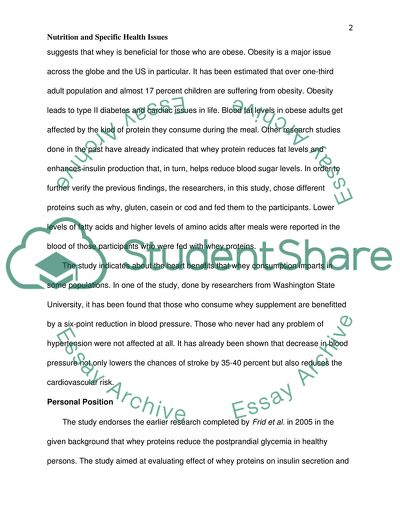Cite this document
(Nutrition and Specific Health Issues Literature review, n.d.)
Nutrition and Specific Health Issues Literature review. https://studentshare.org/biology/1830183-nutrition-and-specific-health-issues
Nutrition and Specific Health Issues Literature review. https://studentshare.org/biology/1830183-nutrition-and-specific-health-issues
(Nutrition and Specific Health Issues Literature Review)
Nutrition and Specific Health Issues Literature Review. https://studentshare.org/biology/1830183-nutrition-and-specific-health-issues.
Nutrition and Specific Health Issues Literature Review. https://studentshare.org/biology/1830183-nutrition-and-specific-health-issues.
“Nutrition and Specific Health Issues Literature Review”. https://studentshare.org/biology/1830183-nutrition-and-specific-health-issues.


